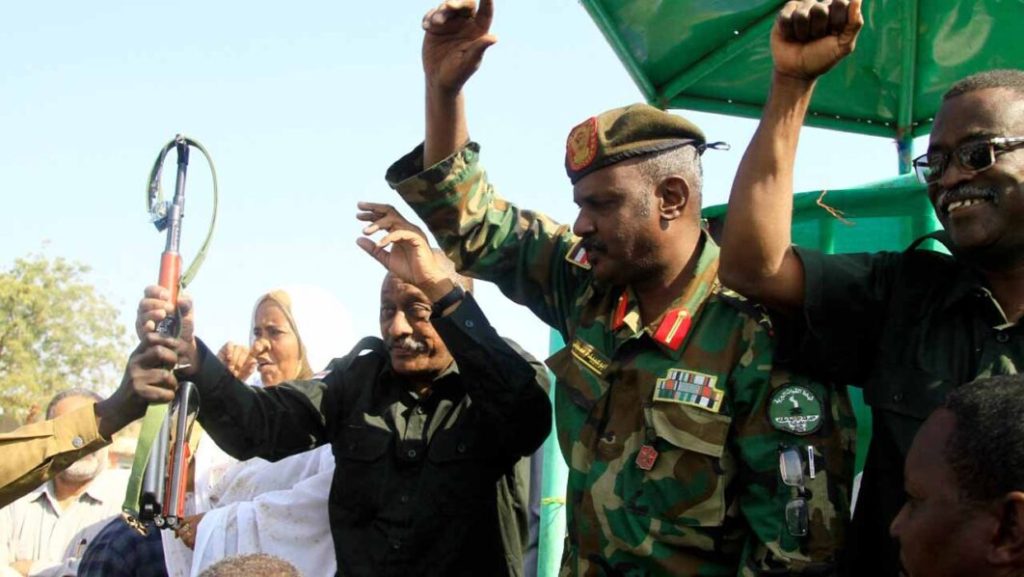Sudan’s army-aligned government suspended ties with the east African bloc IGAD on Tuesday, accusing it of “violating” its sovereignty by inviting a rival paramilitary chief to a summit.
Nine months after war broke out between the regular army and the paramilitary Rapid Support Forces, the army is losing territory, while paramilitary leader Mohamed Hamdan Daglo is touring African capitals.
Daglo accepted an invitation from IGAD to a summit in Uganda on Thursday, boosting his diplomatic standing.
Daglo confirmed his attendance in a statement issued early Wednesday, calling for negotiations that include “national institutions supporting democracy, civil society, religious organisations, youth, and all the people.” However, the IGAD invitation prompted.
The foreign ministry, loyal to army chief and Sudan’s de facto leader Abdel Fattah al-Burhan, announced that it was suspending relations with the bloc.
It accused IGAD of “violating Sudan’s sovereignty” and setting a “dangerous precedent”.
The bloc, along with the United States and Saudi Arabia, had repeatedly attempted to mediate between the two warring generals, but with no success.
On Saturday, the ministry accused the bloc of legitimizing Daglo’s “militia” by inviting it to a meeting with member heads of state and government.
Burhan recently accused the bloc of bias and attempting to intervene in “an internal matter”.
Daglo recently returned from a tour of six African capitals, including IGAD members, according to analysts.
The army chief is becoming increasingly isolated diplomatically as his troops lose ground to RSF advances.
Burhan has reacted angrily to Daglo’s growing diplomatic status, accusing African leaders who have hosted him of complicity in atrocities against Sudanese civilians.
Both sides have been charged with war crimes, including indiscriminate shelling of residential areas, torture, and arbitrary detention of civilians.
The RSF has also been accused of ethnically motivated mass killings, widespread looting, and rape.
According to the Armed Conflict Location & Event Data project’s conservative estimate, the war has killed over 13,000 people.
According to UN estimates, approximately 7.5 million civilians have fled the fighting, either abroad or within the country.

